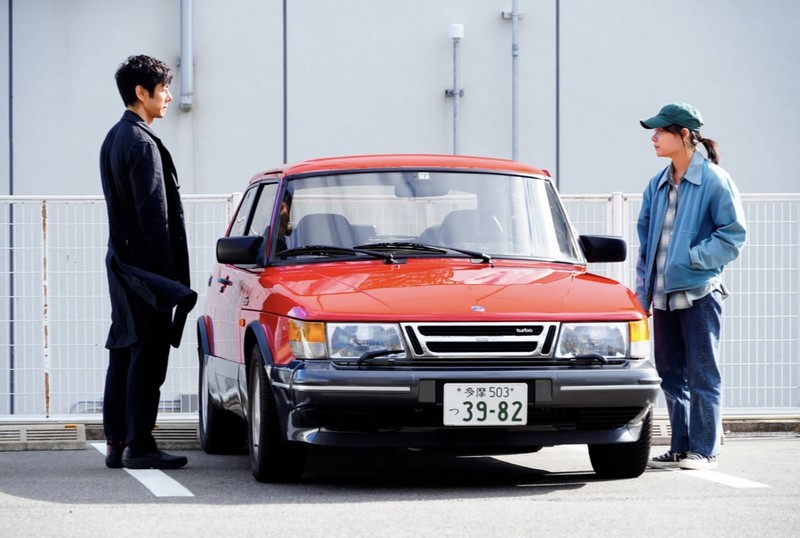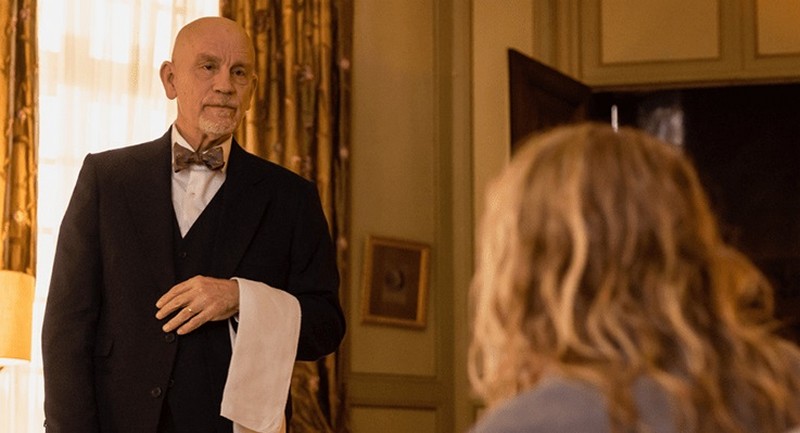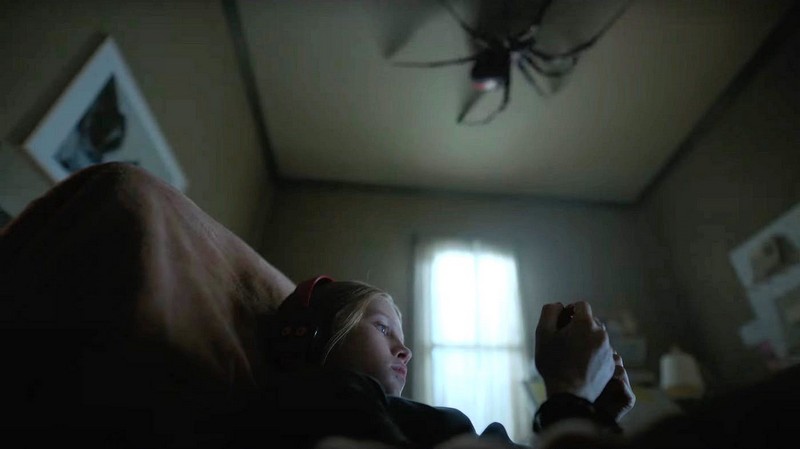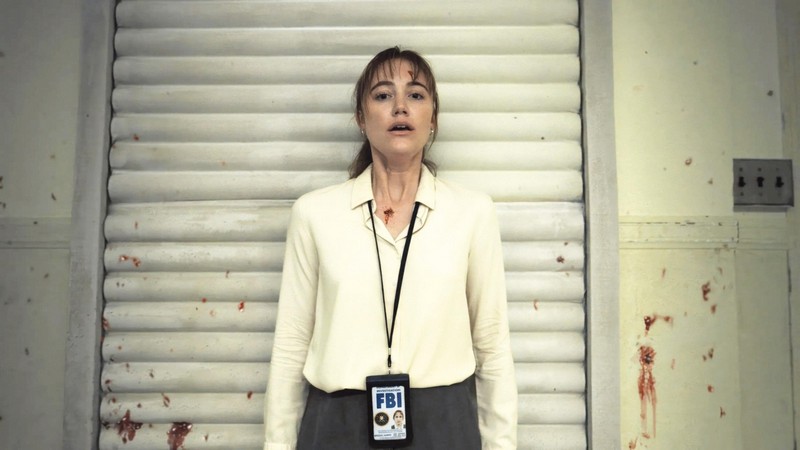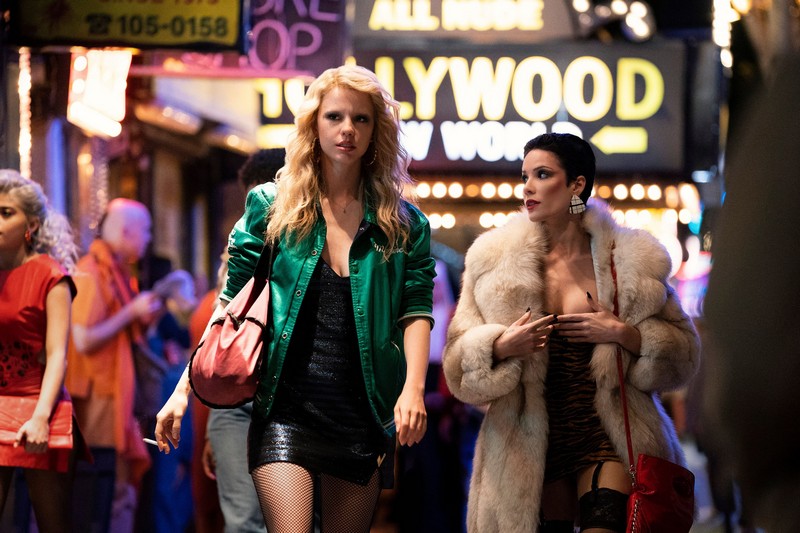From little things, big things grow. Director Ryûsuke Hamaguchi transforms a short story by Haruki Murakami into a 3-hour paean to love, loss and healing with Drive My Car. The film is a transcendent exploration of almost unbearable pathos, but with a shining light at the end.

Another Murakami short story provided the source material for another terrific film, Chang-dong Lee’s Burning. Drive My Car (like Burning) takes the bare bones of Murakami’s text and builds on it substantially. As one example, in the story (which appeared in Murakami’s collection Men Without Women) the Uncle Vanya element is almost a throwaway; but in the film, Hamaguchi makes it central to the story. He and co-writer Takamasa Oe also add elements borrowed from other stories in Men Without Women. If you know Murakami, you’ll appreciate that his sometimes spare prose hides larger themes and deeper meanings. Hamaguchi adopts a similar approach. His film lacks a lot of bells and whistles, but that minimalist approach allows the film’s messages to shine through more clearly.
A lengthy prologue introduces couple Yûsuke (Hidetoshi Nishijima) and Oto Kafuku (Reika Kirishima). Yûsuke is a theatre actor and director, renowned for his portrayal of the title character in Uncle Vanya. Oto is a television writer and producer with a gift for storytelling. But the couple are grieving over the loss of a child. Yûsuke accepts an invitation to appear in Vladivostok, but his flight is delayed. He returns home to find Oto having sex with another man. Yûsuke decides to leave quietly and stays in a hotel. He returns home as scheduled a few days later. His attempts to process what’s happening are however interrupted when Oto suddenly collapses and dies.
Two years later, Yûsuke is the artist in residence at a theatre festival in Hiroshima. He drives from Tokyo in his beloved red Saab. But when he arrives, festival staff advise he’s forbidden to drive himself anywhere. Seems some years earlier an artist in residence was involved in an accident that embarrassed the organisers. To avoid a similar scandal, artists in residence are now assigned a professional driver. In Yûsuke’s case, that’s Misaki Watari (Toko Miura). Although skeptical at first, Yûsuke reluctantly accepts that Misaki is a good driver he can trust. Meanwhile, Yûsuke gets down to the serious business of the festival – staging a multi-lingual production of Uncle Vanya. Among the multi-national cast is Koshi Takatsuki (Masaki Okada), a well-known TV star. Yûsuke and Koshi once met. They were introduced by Oto, which leads Yûsuke to suspect Koshi might have been the man he saw in the apartment with Oto.
Hamaguchi creates a rich tapestry with Drive My Car, despite its seemingly simple plot. He layers meaning on meaning to create a film that resonates long after it’s over. He skillfully weaves in themes from Uncle Vanya, although the connections aren’t all that obvious till the end. This is a film of moments – some fleeting, some extended – that add up to more than they individually reveal. A particularly poignant scene sees Yûsuke studying his lines by listening to a tape in his car. The tape is narrated by Oto, and this “conversation” with his dead wife is heartbreaking. In another scene, Yûsuke and Koshi meet at a bar. As they leave, something happens, but just what and why isn’t revealed until much later.
The performances are deliberately underplayed (no doubt a directorial choice) but their reserve underlies the powerful emotions bubbling below the surface. Hidetoshi Nishijima is in just about every scene as Yûsuke, and finds angles on the character that aren’t immediately obvious. Toko Miura as Misaki and Masaki Okada as Koshi provide contrasting foils. Misaki is even more reserved than Yûsuke; while Koshi is brash. And Reika Kirishima is brilliant as Oto, despite her early exit from the film.
While the performances are excellent, two key elements elevated this film for me. Hidetoshi Shinomiya’s cinematography lovingly captures both Hiroshima’s picturesque surrounds, and the intimate moments between the characters. And Eiko Ishibashi sets the whole thing off with a ravishing score.
Drive My Car isn’t fun, popcorn cinema by any means. This is a complex exploration of human emotion that takes its time. But if you can give yourself over to its leisurely pace and immerse yourself in it, the film will reward you handsomely.
David Edwards
Other reviews you might enjoy:

David Edwards is the editor of The Blurb and a contributor on film and television

